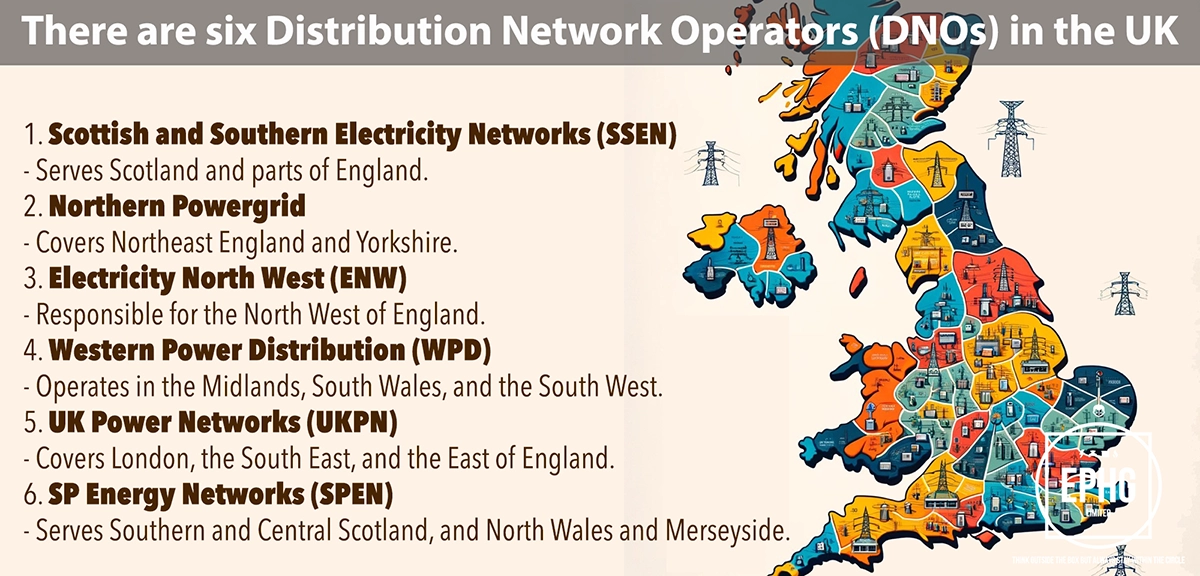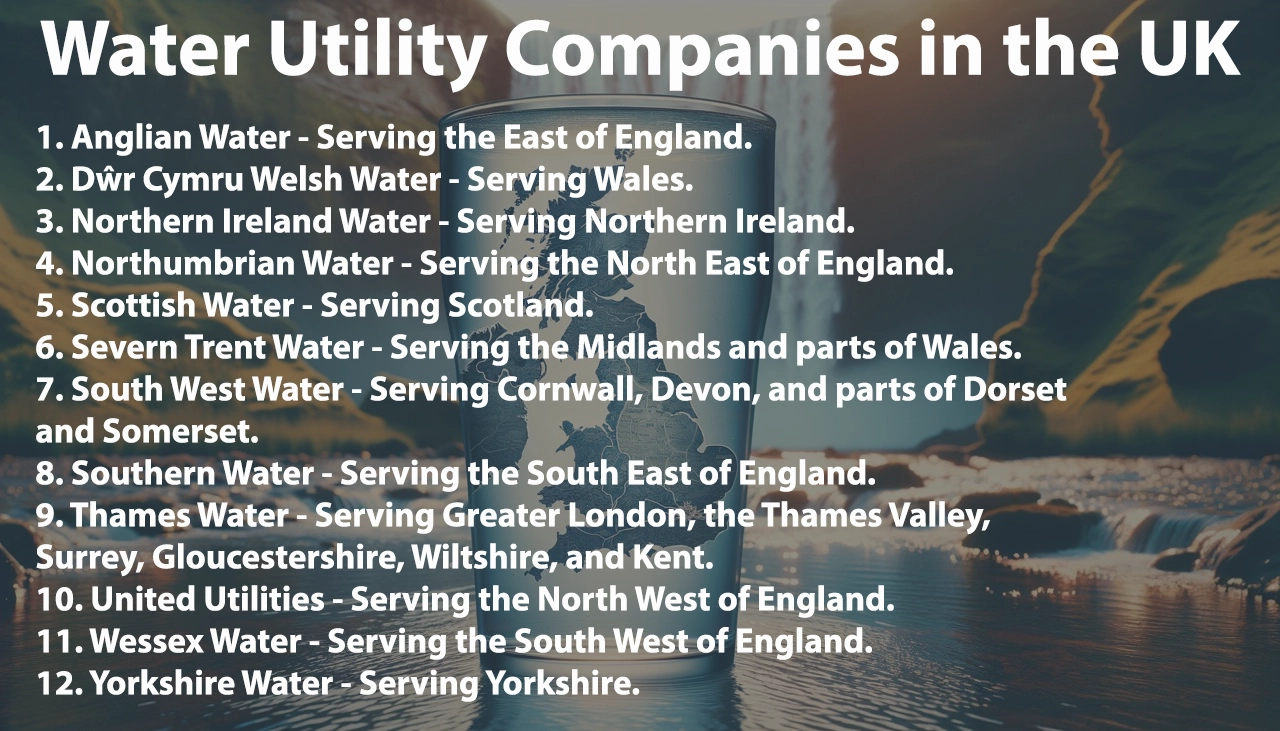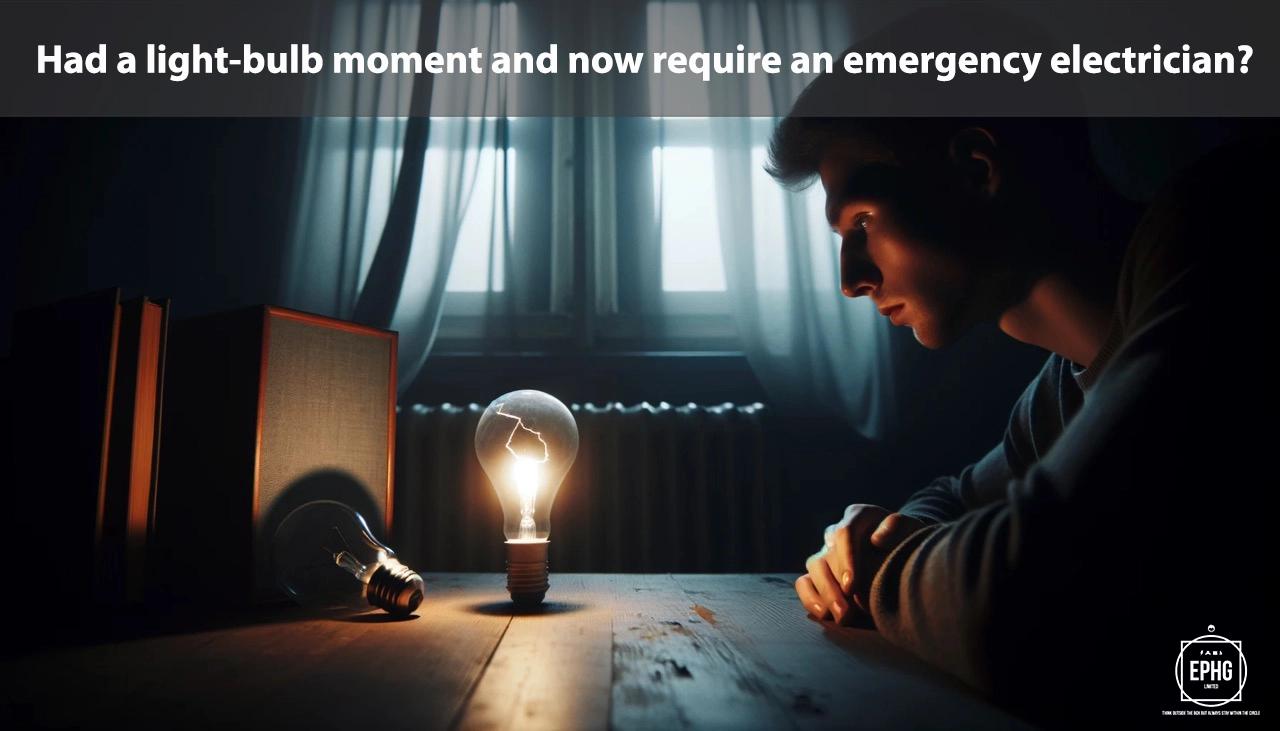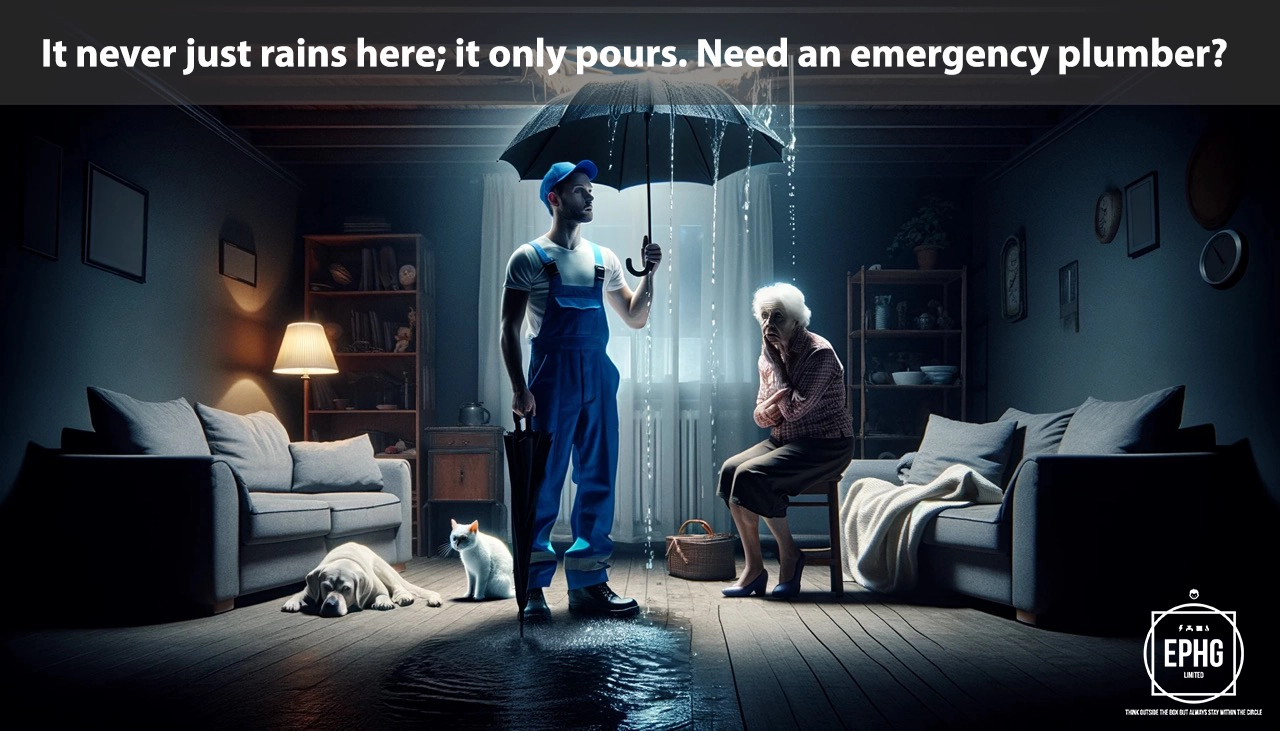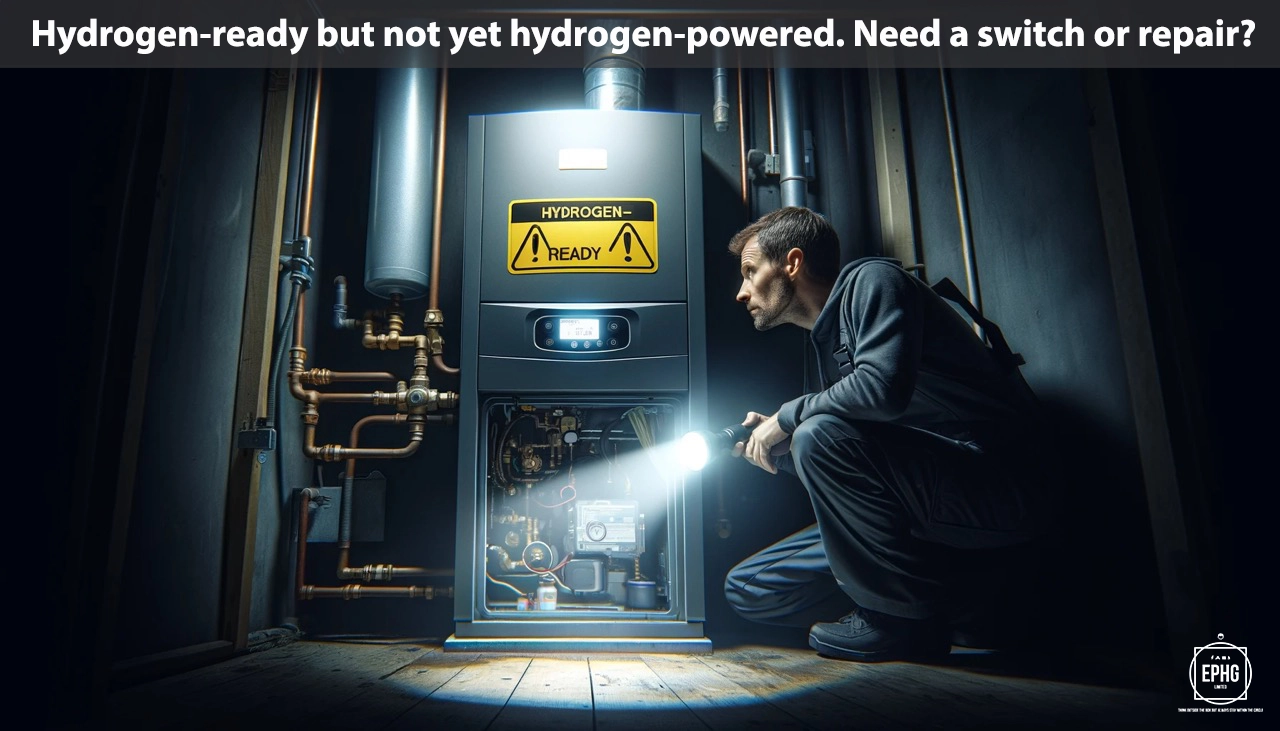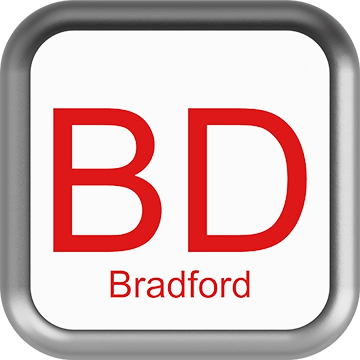
BD Postcodes for Utilities & Services in Bradford
Introduction: The BD postcode area, covering Bradford and its surrounding regions, here we share some interesting insights on water & electric, along with any other useful information.
Water in Bradford
Where does the water supply come from in Bradford and is there ever a shortage of water?
In Bradford, the primary water supply primarily comes from reservoirs in the surrounding Pennine hills, known for their quality and purity. The region's water provision, managed by Yorkshire Water, is complemented by sophisticated treatment facilities ensuring high safety standards before it reaches consumers. Despite Bradford's generally stable water supply, urban expansion, climate change, and peak demand periods can pose challenges. Historical records indicate occasional shortages, but continuous monitoring and strategic reservoir management help mitigate significant impacts. The local infrastructure is well-equipped for varying demand, but water conservation is encouraged to maintain a sustainable supply for all residents.
What is the hardness & quality of the water in Bradford and can this affect your health?
Bradford's water is generally soft to moderately hard, as it gathers from upland catchment areas before undergoing treatment. The water's character minimizes limescale accumulation and extends the life of appliances. Quality-wise, the water undergoes strict checks against environmental and health standards, ensuring safety for all household uses. While soft water is beneficial for skin conditions and more efficient with detergents, Bradford's water contains enough minerals to prevent it from being considered too soft. Regular testing ensures that no harmful contaminants are present, keeping the water safe for consumption and use within the community.
Electricity in Bradford
Where does the electric supply come from in Bradford and what is the future of energy there?
Bradford's electricity supply is sourced from a combination of traditional and renewable sources. Historically dependent on fossil fuels, the region is witnessing a gradual but significant transition towards greener, more sustainable energy solutions. Investments in renewable energy sources, including solar farms, wind turbines, and biomass energy, are increasing. Bradford is exploring the potential for further renewable energy projects, aiming to reduce its carbon footprint and lead by example in sustainable urban development. The future of energy in Bradford is geared towards sustainability, with a focus on increasing the contribution of renewable sources to the city's energy mix, enhancing energy efficiency, and reducing reliance on non-renewable sources.
When is hydrogen coming to gas boilers in Bradford?
The adoption of hydrogen for heating in Bradford aligns with broader UK ambitions to transition to low-carbon energy sources. While specific timelines for the city are not yet defined, national strategies indicate that hydrogen heating trials and subsequent rollouts could begin in the coming decade. Bradford residents are advised to stay updated with local and national energy policies while maintaining their existing gas boilers. The shift towards hydrogen, expected to be part of a phased approach, will necessitate adaptations in household heating systems and infrastructure. Bradford is poised to follow national guidelines and participate in pilot projects as they develop, moving towards a greener, hydrogen-powered future.
Where Does the Wastewater Go in Bradford
In Bradford, the management of wastewater is a critical urban service, ensuring the health and well-being of its inhabitants while protecting the natural environment. Wastewater from domestic, commercial, and industrial sources is collected and treated at facilities like the Esholt Wastewater Treatment Works. These plants use advanced processes to remove contaminants before the cleaned water is released back into rivers and streams, meeting stringent regulatory standards. This system safeguards local waterways and contributes to the overall sustainability and cleanliness of the city. Bradford's commitment to effective wastewater treatment reflects its dedication to public health, environmental protection, and the preservation of local ecosystems.
Regions and Services:
The BD postcode covers a varied landscape, from the vibrant city of Bradford to the charming rural areas and smaller towns of West Yorkshire. Key regions include:
- Bradford City: A central hub for urban utilities development, featuring comprehensive electrical and gas networks and moving towards incorporating more renewable energy sources.
- Keighley, Shipley, and Bingley: Towns that offer a blend of historical charm and modern amenities, reflecting their rich industrial heritage and contemporary advancements.
- Haworth, Ilkley, and Saltaire: Picturesque villages and towns known for their cultural significance and increasing focus on sustainable energy solutions, enhancing the area's traditional utility services.
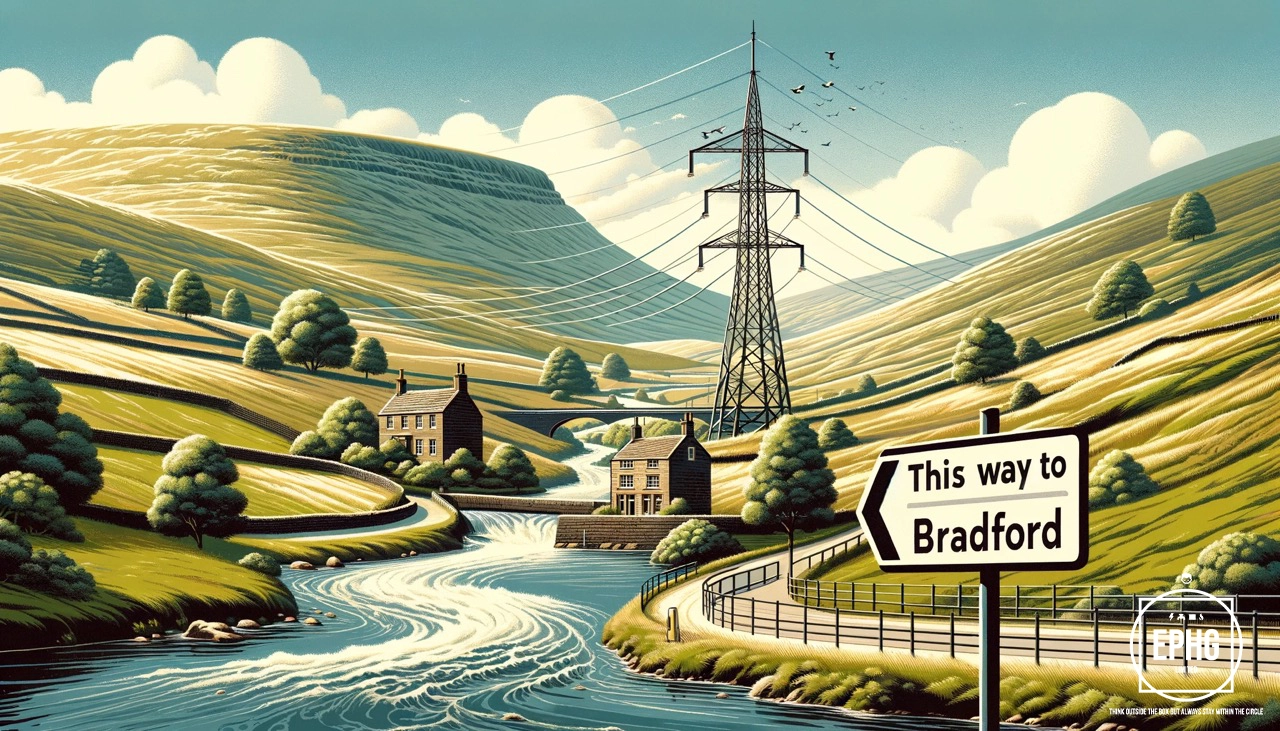
Regions within the BD Postcode
Bradford City
- BD1: Bradford City Centre, Little Germany, Goitside
- BD2: Eccleshill, Five Lane Ends, Undercliffe
- BD3: Barkerend, Bradford Moor, Thornbury
- BD4: Bierley, Bowling, East Bierley, Laisterdyke
- BD5: Bankfoot, Little Horton, West Bowling
- BD6: Buttershaw, Wibsey
- BD7: Great Horton, Lidget Green
- BD8: Girlington, Manningham, Lower Grange
- BD9: Frizinghall, Heaton
- BD15: Allerton, Sandy Lane, Wilsden
Surrounding Areas and Villages
- BD10: Apperley Bridge, Idle, Thackley
- BD11: Drighlington, Birkenshaw
- BD12: Low Moor, Oakenshaw, Wyke
- BD13: Cullingworth, Denholme, Queensbury, Thornton
- BD14: Clayton
- BD16: Bingley, Cottingley, Eldwick
- BD17: Baildon, Shipley
- BD18: Saltaire, Shipley, Windhill, Wrose
- BD19: Cleckheaton, Gomersal
- BD20: Cononley, Cross Hills, Glusburn, Keighley, Silsden
- BD21: Keighley
- BD22: Cowling, Haworth, Oakworth, Oxenhope
- BD23: Barnoldswick, Carleton, Earby, Skipton
- BD24: Gargrave, Grassington, Settle
